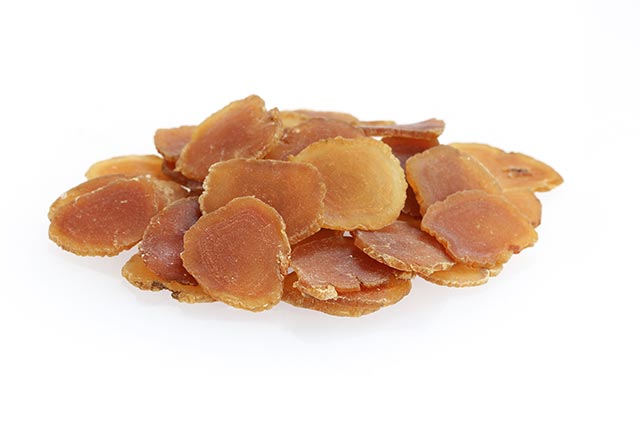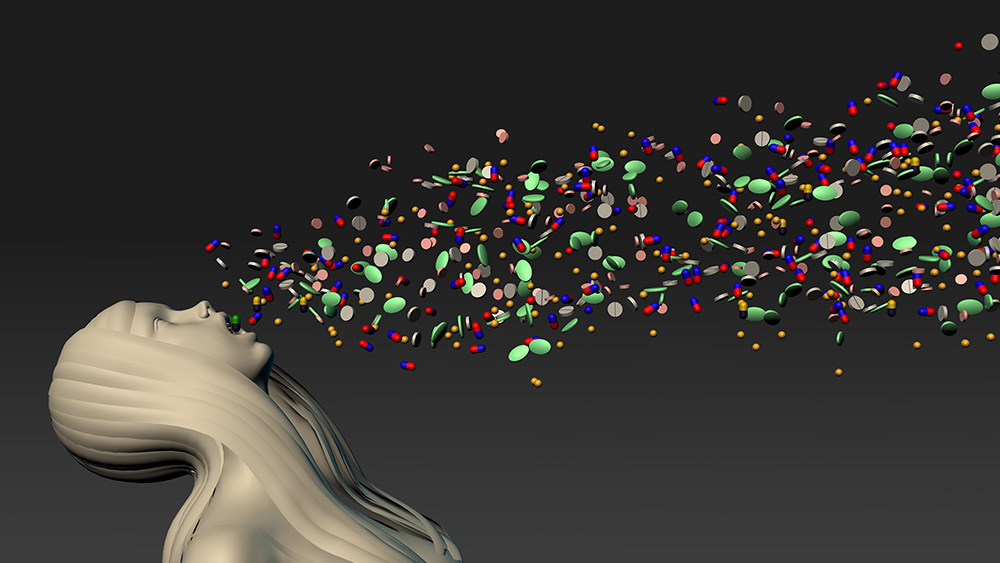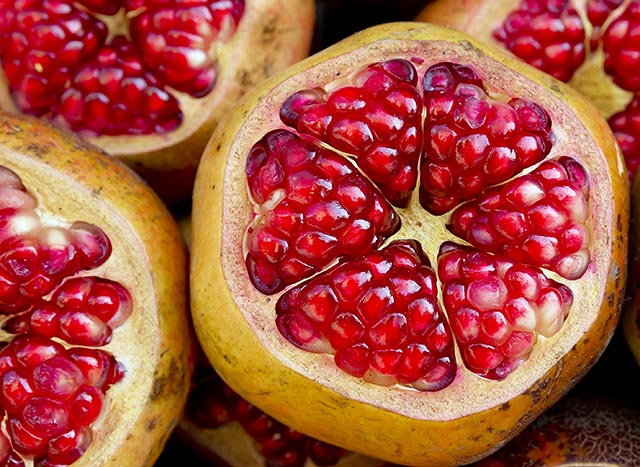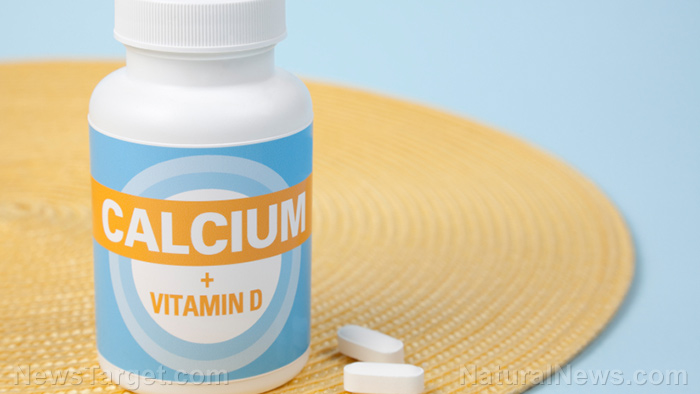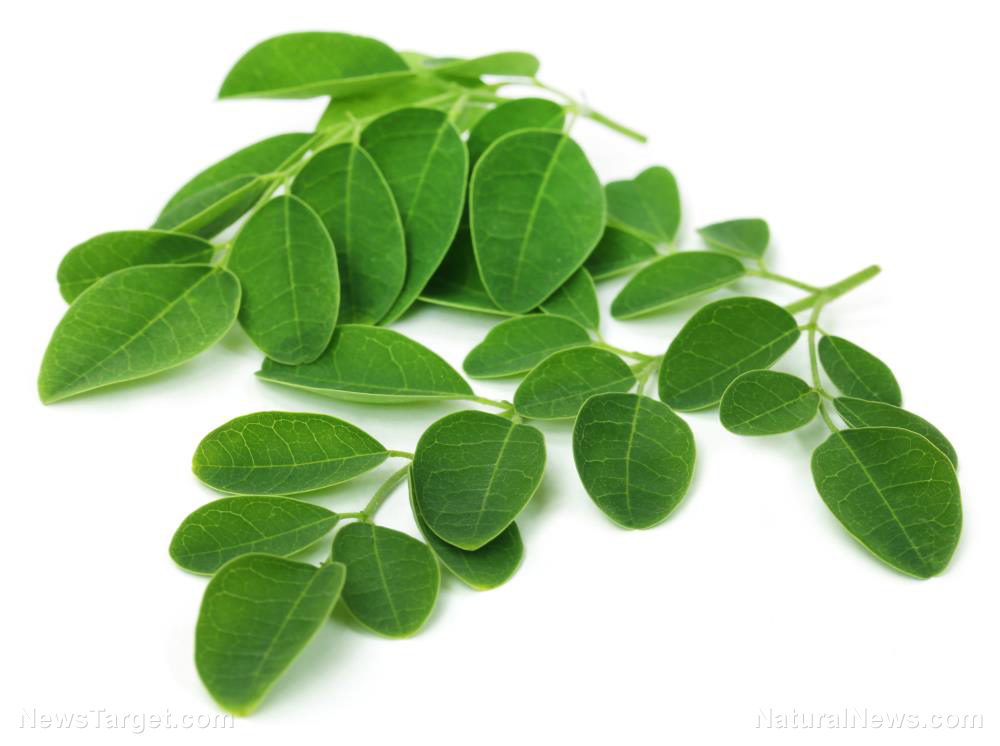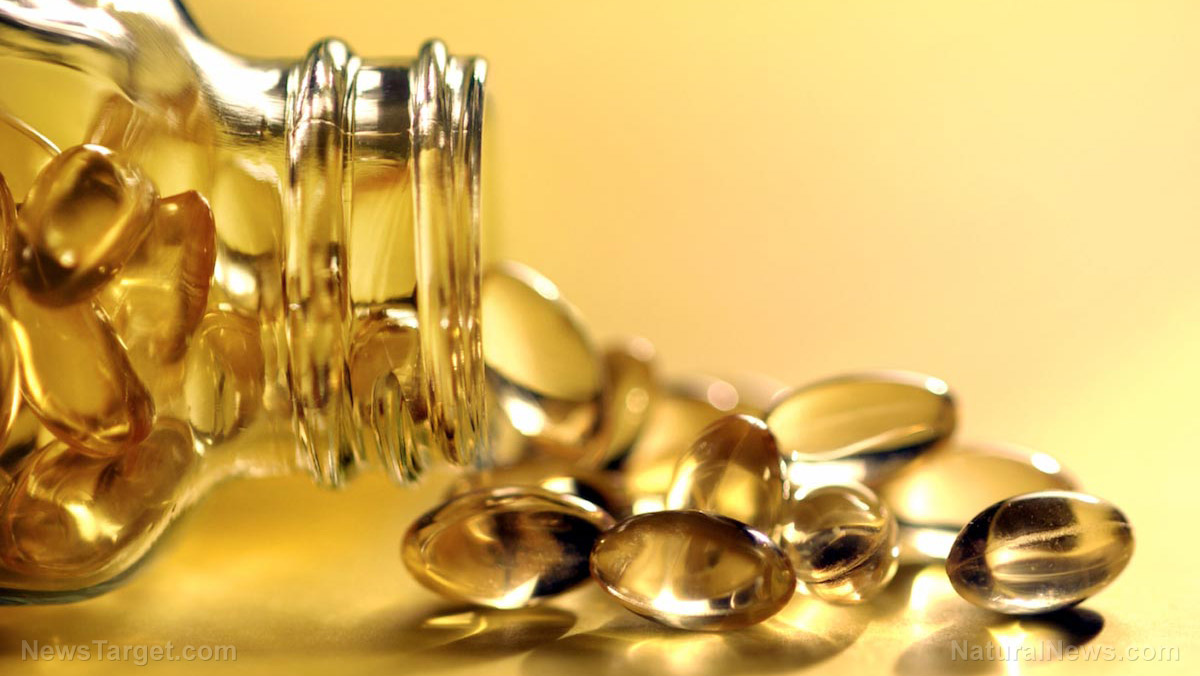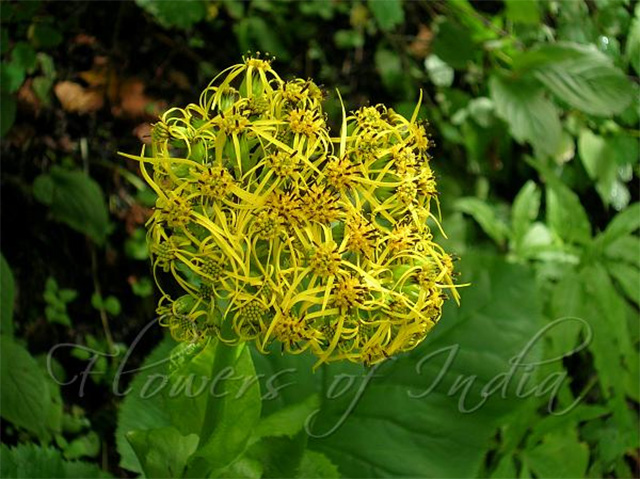Baicalin can protect the liver against injury caused by acetaminophen
07/10/2019 / By Michelle Simmons

Acetaminophen is a pharmaceutical drug commonly used to treat pain and fever. However, using this drug can significantly damage the liver, increasing the risk of liver failure. A study published in The American Journal of Chinese Medicine suggested that taking baicalin — a flavonoid from traditional medicine — can attenuate liver damage caused by acetaminophen.
In the study, researchers at Chang Gung University in Taiwan examined the protective effects of baicalin on liver injury in a mouse model. To do this, they first induced liver injury in mice by administering 300 milligrams per kilogram (mg/kg) of acetaminophen. Thirty minutes after acetaminophen administration, they treated the mice with 15, 30, or 60 mg/kg baicalin.
The administration of acetaminophen led to significant increases in alanine transferase (ALT) enzyme levels and myeloperoxidase (MPO) activity in the liver. However, these increases were significantly reduced after baicalin treatment in a dose-dependent manner, with 30 mg/kg of baicalin exhibiting the strongest beneficial effects.
Baicalin treatment at 30 mg/kg reduced elevated cytokine levels in the liver and liver toxicity. In addition, it reduced extracellular signal-regulated kinase (ERK) expression. These results suggested that treatment with baicalin can effectively reduce liver injury by inhibiting inflammation and the ERK signaling pathway. From these findings, the researchers concluded that baicalin can be used to protect the liver against damage caused by acetaminophen. (Related: Acetaminophen found to be a potent liver toxin… and it’s the No. 1 ingredient in Tylenol.)
 | Discover how to prevent and reverse heart disease (and other cardio related events) with this free ebook: Written by popular Natural News writer Vicki Batt, this book includes everything you need to know about preventing heart disease, reversing hypertension, and nurturing your cardiac health without medication. Learn More. |
Other effects of baicalin on the liver
Baicalin may also be used to protect against liver steatosis, inflammation, and injury caused by alcohol consumption, according to a study published in the journal Oxidative Medicine and Cellular Longevity. Researchers from China investigated the effect of baicalin against long-term and binge ethanol consumption in mice.
Results showed that treatment with baicalin reduced ethanol-induced oxidative stress, inflammation, and cell death. It attenuated ethanol-induced proinflammatory molecules, regulated Kupffer cell activation in vitro, which is responsible for early ethanol-induced liver injury, and inhibited ethanol-induced expression of reactive oxygen species (ROS) generating enzymes. Moreover, baicalin reduced significant programmed and premature cell death. The Chinese researchers concluded that baicalin is a promising treatment for ethanol-induced fatty liver disease, liver inflammation, and liver injury due to its antioxidant and anti-inflammatory properties, as well as its ability to regulate fatty acid metabolism.
Another study published in the same journal found that baicalin also has protective effects against liver fibrosis, which occurs when the healthy tissue of the liver becomes scarred, and therefore the liver cannot function properly. Liver fibrosis is the first stage of liver scarring. If the liver becomes more scarred, it is called liver cirrhosis, which is one of the leading causes of death around the world.
The researchers found that baicalin ameliorated liver fibrosis by reducing inflammation, oxidative stress, and cell death. It also increased the antioxidant defense in the liver, in addition to modulating stellate cell activation, which is crucial for the initiation of fibrosis.
Baicalin is also good for the brain
A review of studies published in the journal Brain Sciences concluded that baicalin has potential brain benefits: It protects and enhances cognitive function. It may be used to prevent and treat various neurodegenerative diseases, such as Alzheimer’s disease and Parkinson’s disease. This may be attributed to its multitargeted actions and blood-brain barrier penetrating activity.
Baicalin also exhibits considerable antidepressant and anxiety-reducing effects, as well as promotes the growth and development of nervous tissues and cell differentiation. In addition, it has antioxidant, anti-inflammatory, anti-apoptotic, and anti-excitotoxicity properties.
For more studies on natural treatments for liver injury, go to LiverDamage.news.
Sources include:
Tagged Under: Acetaminophen, alternative medicine, anti-inflammatory, antioxidants, baicalin, brain function, brain health, disease treatments, healing, herbal medicine, Herbs, inflammation, liver health, liver injury, natural cures, natural medicine, natural treatment, prevention, remedies, research


